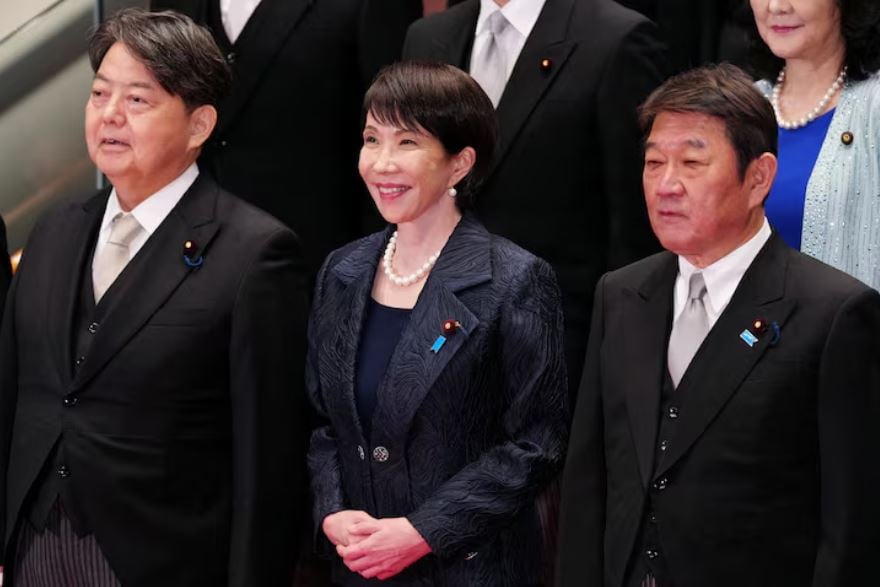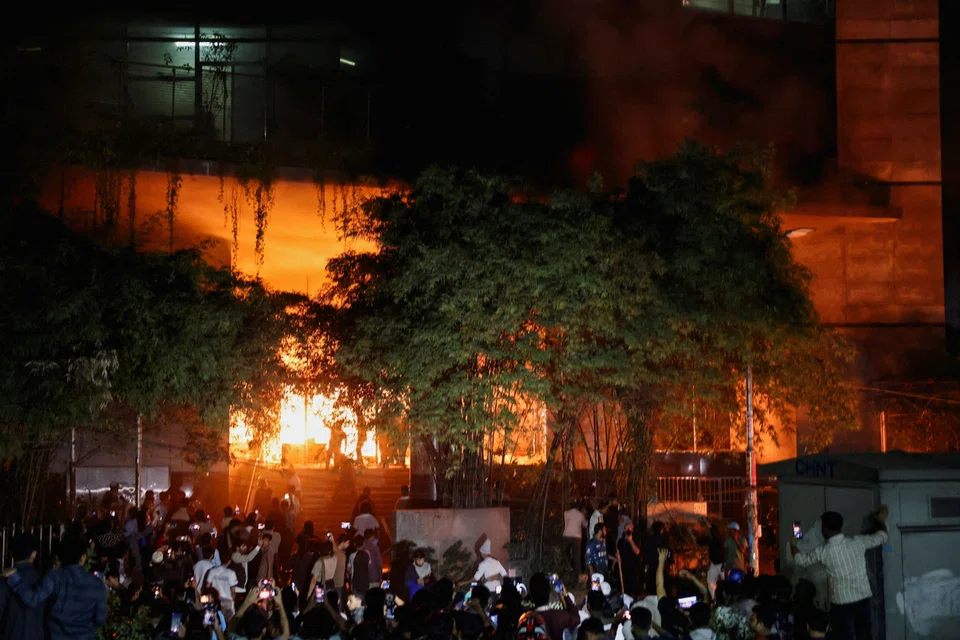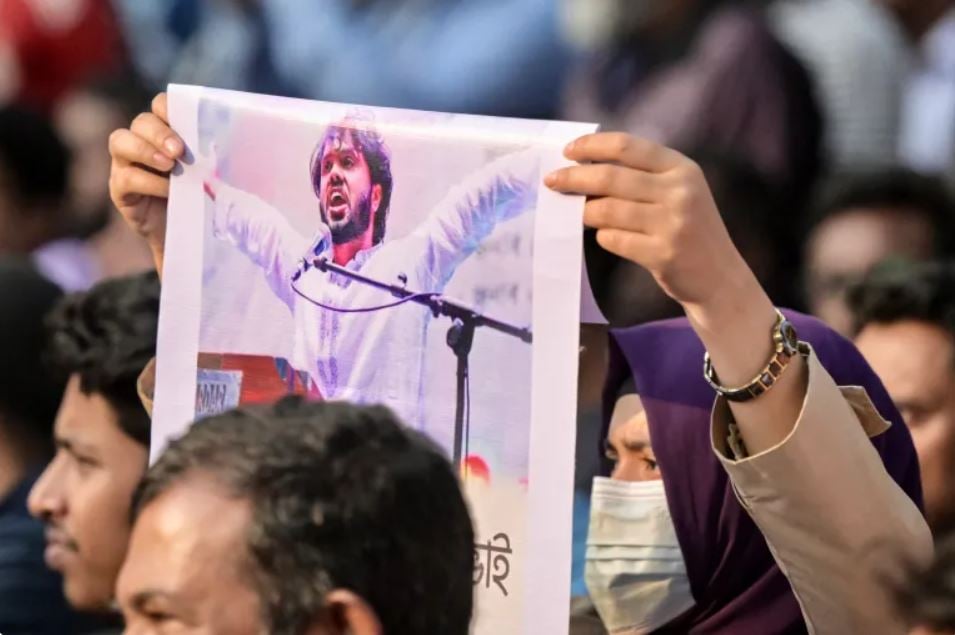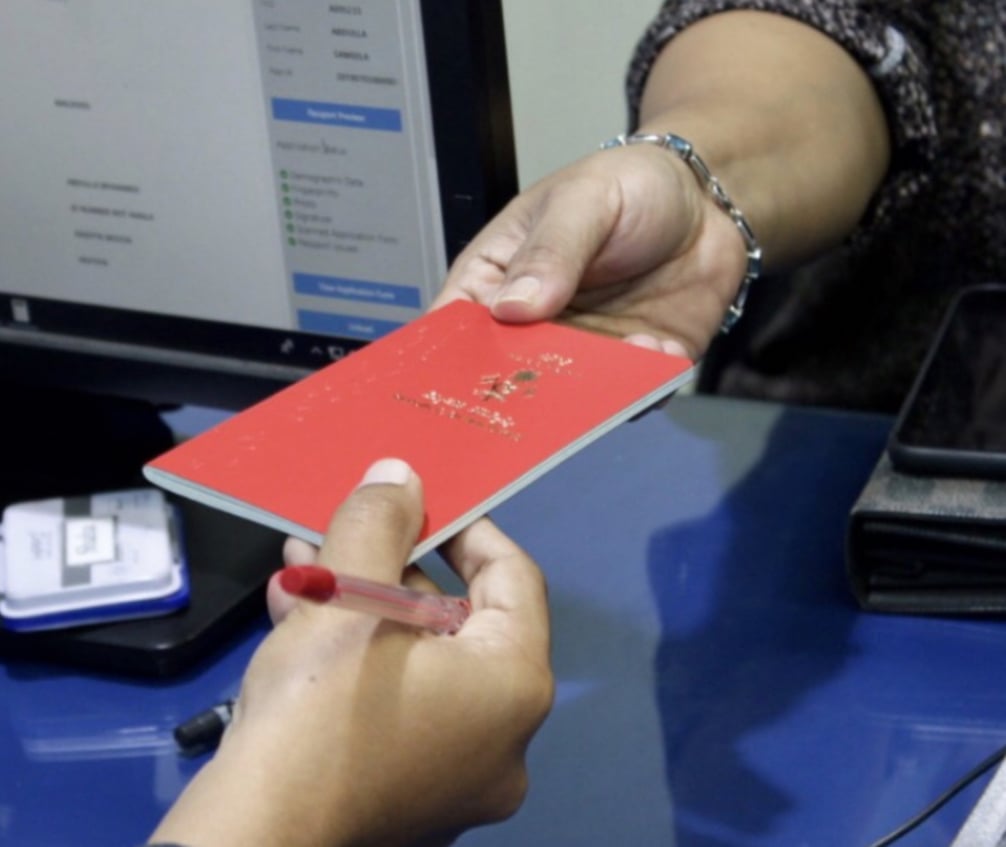Former Economic Minister Fayyaz Ismail has raised concerns over the newly issued regulations by the Monetary Authority of the Maldives (MMA), suggesting that instead of linking dollar exchange requirements to tourist numbers, they should be tied to overall income generated. Fayyaz shared his views on X, where he criticized the decision and proposed changes to better address the nation’s foreign exchange challenges.
The MMA recently announced significant updates to its Foreign Exchange Regulations, requiring local banks to market up to $750 million annually from tourism dollar earnings. This initiative aims to enhance the retention of foreign exchange within the country and improve overall liquidity. Effective today, the new rules stipulate that Category A tourist resorts, integrated tourist resorts, resort hotels, hotels, tourist vehicles, and similar establishments must exchange a minimum of $500 per tourist based on the total number of tourists arriving each month. Category B guesthouses and hotels with 50 rooms or fewer are required to exchange $25 per tourist.
Both categories are mandated to deposit the calculated foreign currency with banks by the 28th day of the third month following the end of each calendar month. The MMA may grant exceptions for requests to adjust the exchanged amounts in certain circumstances. Additionally, the regulations prohibit individuals from carrying or retaining foreign currency.
While Fayyaz acknowledged that the new rules might offer a partial solution to the Maldives’ dollar shortage, he argued that the current implementation unfairly impacts smaller guesthouses and lower-end resorts, which primarily generate income in Maldivian rufiyaa rather than dollars. He also noted that a focus on foreign exchange earnings would be a better approach.
Therefore, by engaging with the relevant stakeholders in the tourism industry, Fayyaz has called for a review of the current rule. He further emphasized the need for reforms in monetary policy, particularly in reducing wasteful government spending, to better address the country's ongoing economic challenges.
The MMA recently announced significant updates to its Foreign Exchange Regulations, requiring local banks to market up to $750 million annually from tourism dollar earnings. This initiative aims to enhance the retention of foreign exchange within the country and improve overall liquidity. Effective today, the new rules stipulate that Category A tourist resorts, integrated tourist resorts, resort hotels, hotels, tourist vehicles, and similar establishments must exchange a minimum of $500 per tourist based on the total number of tourists arriving each month. Category B guesthouses and hotels with 50 rooms or fewer are required to exchange $25 per tourist.
Both categories are mandated to deposit the calculated foreign currency with banks by the 28th day of the third month following the end of each calendar month. The MMA may grant exceptions for requests to adjust the exchanged amounts in certain circumstances. Additionally, the regulations prohibit individuals from carrying or retaining foreign currency.
While Fayyaz acknowledged that the new rules might offer a partial solution to the Maldives’ dollar shortage, he argued that the current implementation unfairly impacts smaller guesthouses and lower-end resorts, which primarily generate income in Maldivian rufiyaa rather than dollars. He also noted that a focus on foreign exchange earnings would be a better approach.
Therefore, by engaging with the relevant stakeholders in the tourism industry, Fayyaz has called for a review of the current rule. He further emphasized the need for reforms in monetary policy, particularly in reducing wasteful government spending, to better address the country's ongoing economic challenges.


















